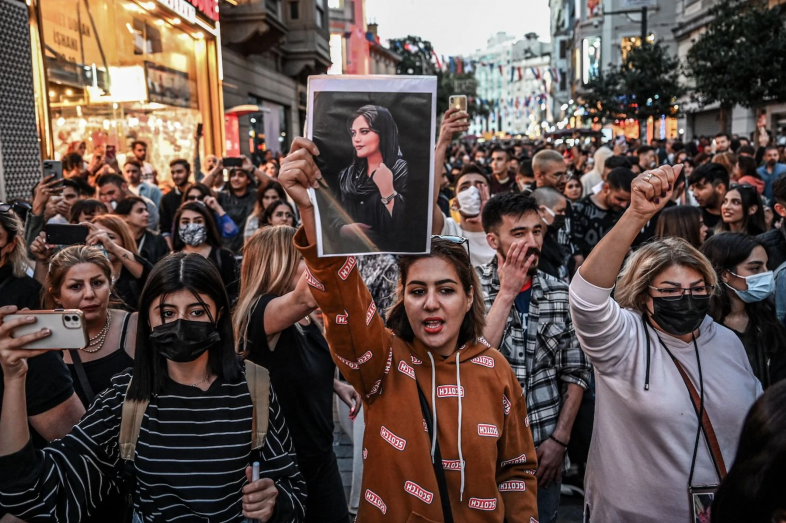What We're Reading

Amrita Malhi, Flinders University and The Australian National University
Anwar Ibrahim, SCRIPT For a Better Malaysia
It’s election season in Malaysia and opposition leader Anwar Ibrahim appears to have decided against framing his coalition’s potential in terms of “democratisation” – which, along with a “China pushback,” is what so many observers hoped for after its win in 2018. This time, the framework is repair, recovery, and resilience in what he argues is a new, “postnormal,” phase of global history. I reviewed SCRIPT for New Mandala in October.
Alan Gamlen, Human Geopolitics: States, Emigrants, and the Rise of Diaspora Institutions
Gamlen’s book is on how dynamics of competition between states for population rather than territory – in the contemporary case through the active recruitment and management of migrants’ loyalties through diaspora institutions – has preceded violent conflict through human history.
Zaib Aziz, University of South Florida
Azadeh Moaveni, Two Weeks in Iran, London Review of Books.
Moaveni reports from Iran about the powerful protests that erupted after the death of the young Kurdish woman named Mahsa Amini, which have mesmerized the world and shocked the Iranian government. Accute economic and social insecurity is propelling more and more people out into the streets and it appears that the Islamic Republic is desperately trying to consolidate its position. Even as the specter of change arises, Moaveni notes how the future for the most vulnerable parts of Iran looks increasingly uncertain.
Saidiya Hartman, The Hold of Slavery, New York Review of Books.
Twenty five years after its publication, Hartman reflects on her first book Scenes of Subjection and reminds the reader of the structural hold of racial slavery and its inextricable link to capitalist modernity and liberal democracy.
Nir Evron, Israel’s Rightward Turn, Dissent Magazine.
The recent elections in Israel reveal that an overwhelming majority of the population leans towards the far right. Evron argues this move to the right is qualitatively different and discusses "when [and why] did Israel begin its transformation into a majoritarian illiberal democracy?